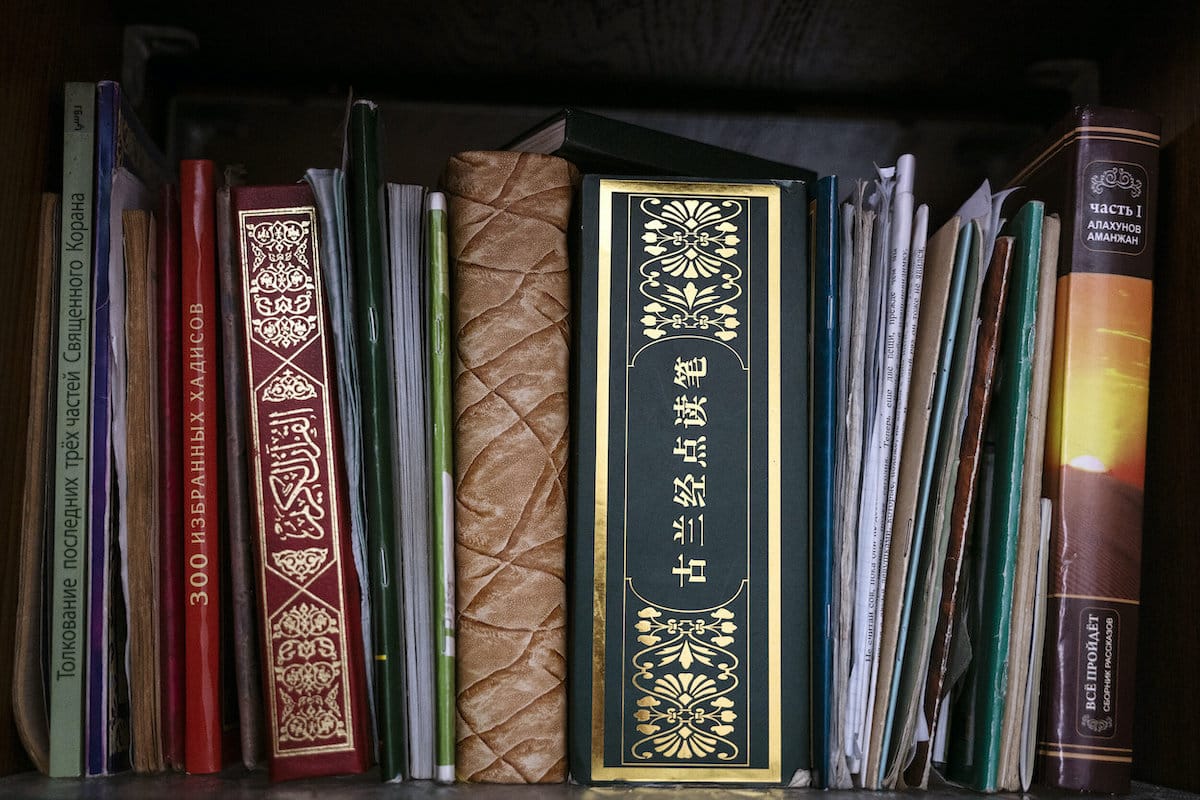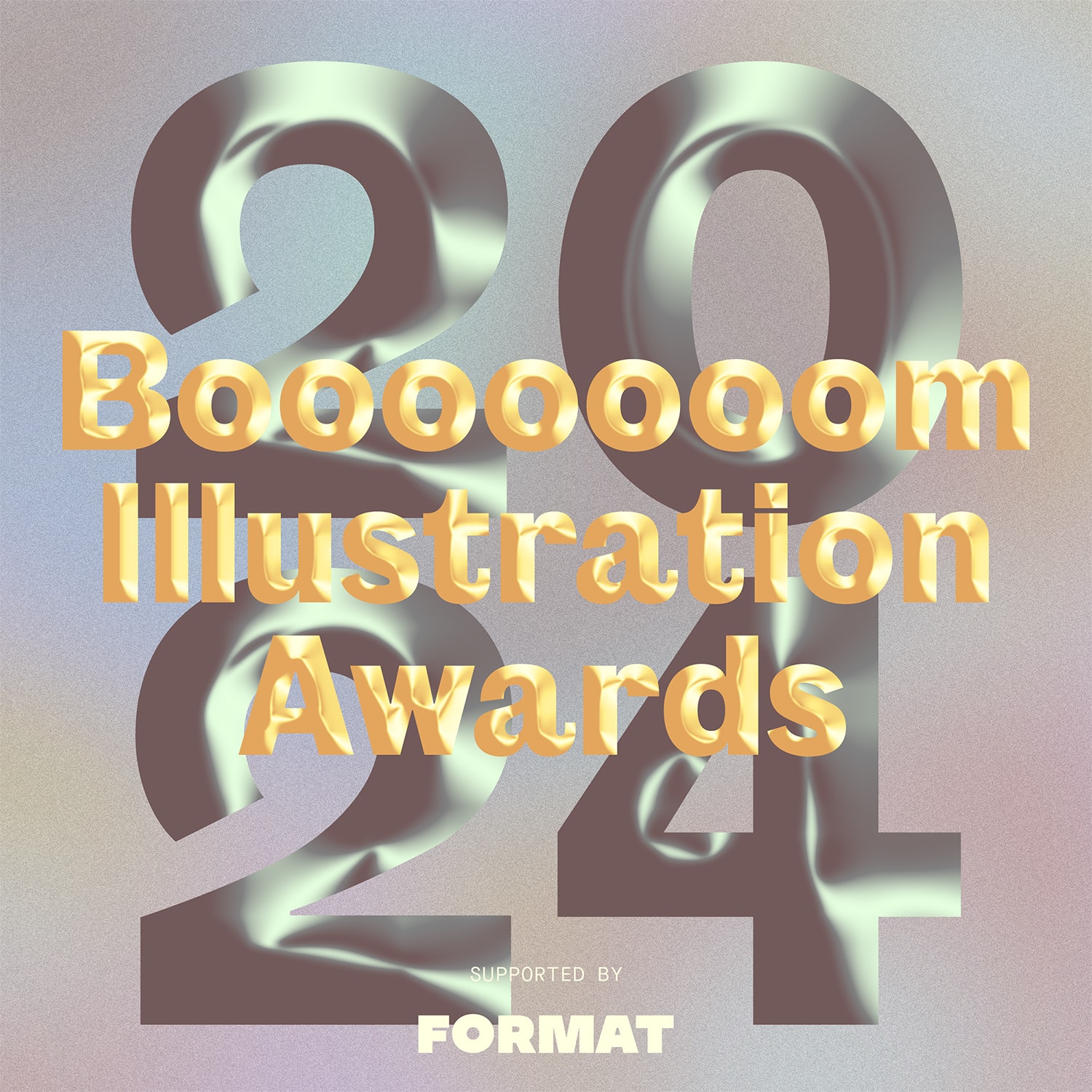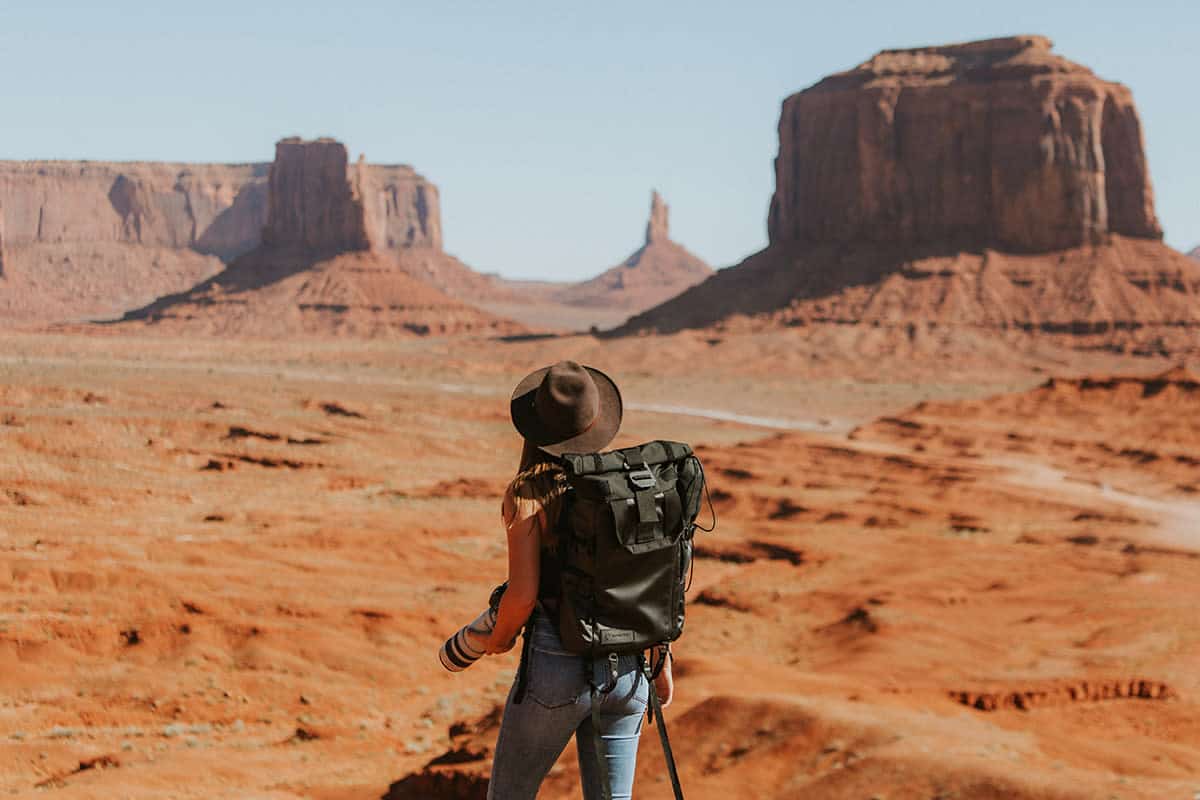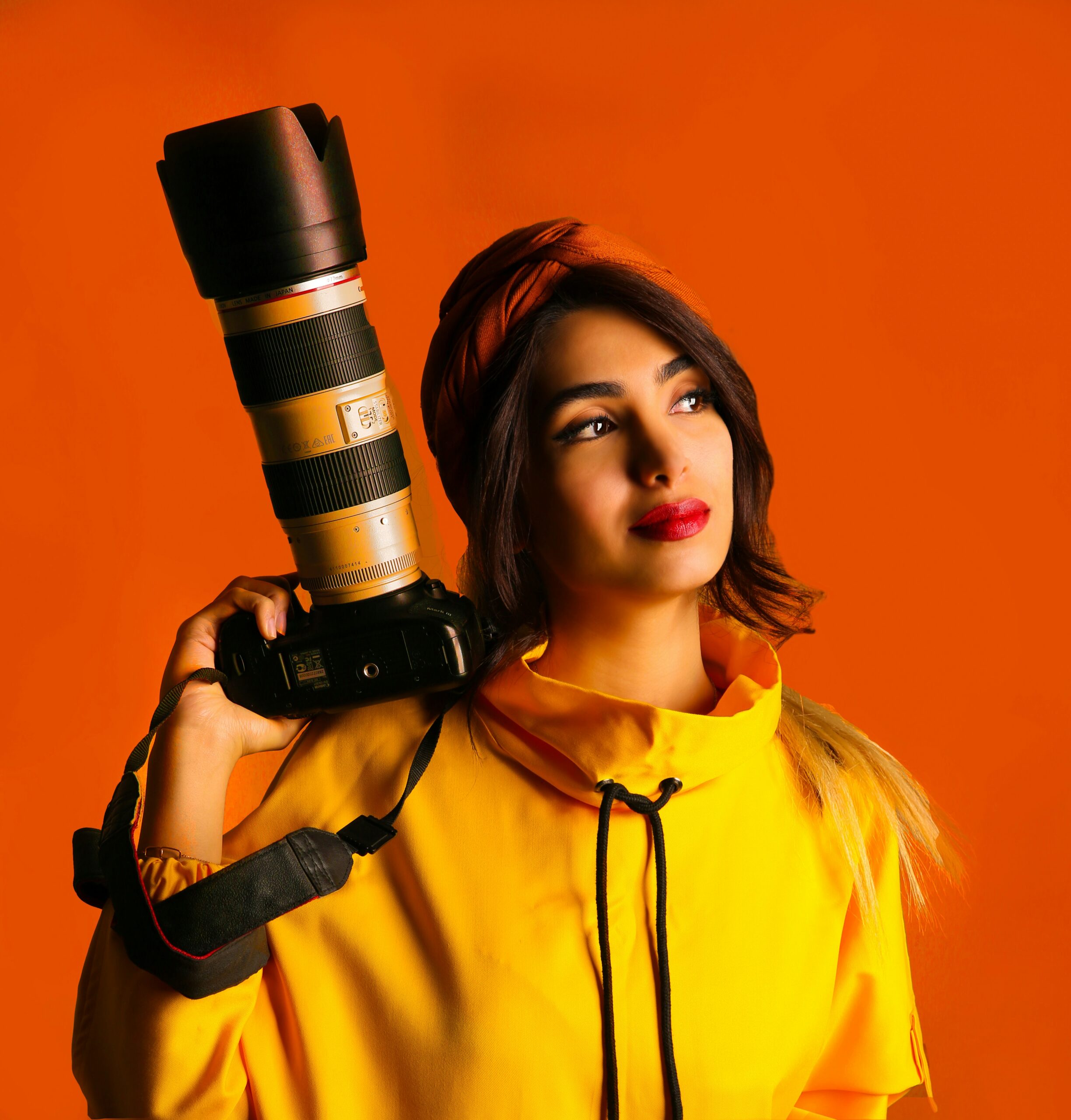Being a freelance photographer is hard. Being a freelance photographer during a pandemic can be mentally devastating. Photography, like many other industries, is taking a massive hit due to COVID-19. Most photographers are stuck at home not knowing when the lockdown will end and business is suffering for many of us because we rely on traveling and human interaction for our income.
I am currently based in Kyrgyzstan where the government has announced a state of emergency, limiting the movement of local and foreign citizens to only grocery stores, hospitals, and pharmacies. But staying inside doesn’t mean putting our careers on hold. Now that we have more time at home, let’s use it to our advantage to do what we normally wouldn’t have time for.
Here are a few ways we can maximize our time during this pandemic.
Revisit Your Archive
If you’re anything like me—or many other photographers—there are as many hidden gems as there are bad photos in your archive. I probably have more bad ones, if I’m being honest. Good shots don’t just happen on the first go. You should delete the photos that aren’t fit for any future or current project. It is also a wonderful time to process previously untouched photos and edit pre-existing ones to fit into your portfolio or share across social media. Revisiting your work might inspire you to write about an experience that you could pitch to your favorite publication at a later date.
Organize Your Archive
For those who have tons of images stored up on hard drives, with RAWs, re-edit TIFFs and jpegs lying around unorganized, this is the time to clean and reorganize those folders. I like to use the “yearmody_sub_number” naming structure for my files and photos. It really helps me to remember my shoots and the photos were taken for specific projects. For example, “20190104_NYZoo_003″ is for the third photo taken Jan 4, 2019, at the New York Zoo—it makes it so much easier to search for later! Take this time to organize your files into a directory, and delete the unwanted files to free up space. Now that you have arranged your files and renamed them, it will save you a lot of time in the future.
Update Your Website and Social Media
With all your recent edits done, now is the time to put them to good use: update your website. Include your most recent projects by improving your portfolio and showing your best work to potential clients. Engage with and expand your audience by sharing your newly edited images, rediscovered moments, and updated website across social media. Take time to visit other creatives’ accounts for inspiration and don’t hesitate to reach out to them! It’s important to encourage each other through these difficult times. Managing social media takes time—which we suddenly have an abundance of. So no more excuses for not posting!
Plan Your Next Project
With gigs and events being canceled, we are suddenly looking at empty, unfilled schedules that could last for months. Yes, it sucks, but the only thing we can do is to plan ahead. Brainstorm new ideas for your next project, do the research on the topic, plan the logistics and finances for the project to come to fruition. For those who mainly work indoors, being away from the studio isn’t an excuse: set up your own home studio, and start shooting. There are tons of objects and lighting conditions to experiment with, from portraiture to still life, minimalism to complex composition, there are numerous ways to keep yourself inspired and occupied. What better time to try out those new techniques.
Research Possible Publications
There are no words to describe the tingling satisfaction you get when you see your work in a publication. After months of planning and executing a project, finding a home for your photographs is the ultimate goal. There are numerous sites that accept unsolicited submissions for photography. However, I rarely submit to publications that don’t pay, therefore, I make sure to research how much each publication pays for photos before I pitch or submit. Some publications list their price on their websites, such as Narrative Magazine and The Sun Magazine, but if not, then there’s a database called “Who Pays Photographers?” that lists each publication’s rates. There are other resources and articles on the internet that provide you with valuable information, so make sure you do your reseearch.
Reach Out to Former or Potential Clients
Being a freelancer is all about networking. For photographers that shoot for international organizations and NGOs, there is no better time to connect with former and potential clients. So, stay connect with your previosu contacts by reaching out to simply wish everyone good health. Remember, we’re all in the same boat and they will appreciate your thoughts.
Put Unused Photos to Good Use
Wondering where else your rediscovered photos might fit? What about that blank wall that you’re forced to stare at, due to quarantine? Go ahead, print one of your images and hang it up! At the very least, it’s always nice to see your work in print, and perhaps you could start selling them on Etsy or to your local art dealer. Another way to make passive income from them is to list them for sale on stock photography sites. Sites like Shutterstock, Fotolia, and Getty Images provide photographers with a platform to sell images with little to no work, except uploading them. Each site has its pros and cons, so read up on their rates and T&C to learn more.
Be Inspired and Relax
Getting drained from all this work? Well, don’t stress yourself. Sitting down and watching documentaries and videos will keep you inspired. There are numerous photography documentaries out there on Netflix, Hulu, or even on Youtube and Vimeo. One of my favorites is Manufactured Landscape by photographer Edward Burtynsky, in which he explores a unique perspective of gritty industrial landscapes. It shows me that great photographs can come from anywhere. Speaking of which, I’m beginning to wonder how I can shoot my otherwise boring kitchen in exciting ways…
Collaborate with Other Creatives
While we’re isolating at home during the pandemic, technology has made it extremely easy for us to connect, network, and collaborate with others online. In fact, my friend James Oliver Firkins, a freelance writer and editor, helped improve my writing skills and edited this very article. You could do the same too! There are countless ways to collaborate with other artists at a distance, so start reaching out to your fellow creatives and support one another. It’s the perfect time to create and finish projects, ready for submitting for publication.
I hope that this article inspires you during these tough times. There’s plenty to be getting on with, and it simply takes a little determination to plan ahead—or to tidy up that backlog of admin work! I wish you well. Let’s keep working.
About the Author: Yam G Jun is an award-winning Malaysian photographer, currently based in Kyrgyzstan, covering stories in Central Asia. His photos have been published in The New York Times, Washington Post, Al-Jazeera, and many others. You can find out more on his website and Instagram.
James Oliver FIrkins, who helped edit this article, is a freelance writer and editor based in Birmingham, UK. He is also the Director of MAN_AGE, a digital men’s mental health magazine and well-being educator that aims to print its first physical publication when all this blows over. You can find out more at http://www.man-age.com.
Image courtesy Yam G Jun












